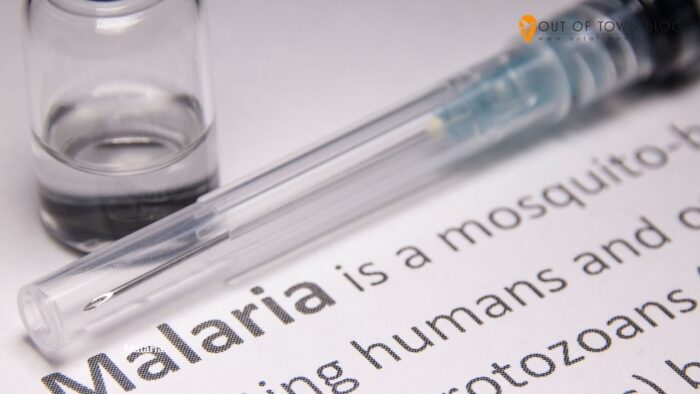Out of Town Blog
5 Diseases Kids Can Get From Insects and How They Can Be Protected
Insect bites may seem like minor nuisances, but they can sometimes lead to more than just itchy skin—some may carry serious health risks, especially for children. Kids are naturally active and often enjoy spending time outdoors. In these moments, they can be exposed to insects like mosquitoes, ticks, and fleas that thrive in the Philippines’ tropical climate. The country’s year-round warm weather and frequent rainfall also create conditions that are ideal for insects to breed and spread, both in urban and rural settings.
Given these conditions, parents need to take an active role in protecting their children from insect-borne diseases. A good place to start is simply staying informed. With that said, let’s take a closer look at some insect-borne diseases that affect kids in the Philippines, along with the practical ways you can help keep your child safe and healthy.
Dengue
Also called “break-bone fever,” dengue is one of the most prevalent mosquito-borne diseases in the Philippines. It is caused by the dengue virus, which is transmitted by the Aedes mosquito. This type of mosquito is particularly active during daylight hours and known to breed in stagnant water, which is commonly found in backyards, plant pots, discarded containers, and clogged gutters. Children are particularly vulnerable to dengue due to their frequent outdoor play and exposure.
Symptoms of dengue include sudden high fever, severe headaches, pain behind the eyes, muscle and joint pain, and skin rashes. In more severe cases, dengue may also cause bleeding and difficulty breathing. Early detection and hydration are critical, as dengue can develop into dengue hemorrhagic fever, which is potentially life-threatening.
For prevention, encourage children to wear long sleeves and pants, especially during peak mosquito hours like early morning and late afternoon. You can also apply mosquito repellent on exposed skin. For infants, choose a product labeled as “mosquito lotion for baby” to ensure it’s gentle and safe for their sensitive skin.

Malaria
Though not as widespread in urban regions, malaria remains a concern in certain provinces. Malaria is caused by parasites transmitted through the bite of infected Anopheles mosquitoes, which are most active from dusk until dawn.
Children who contract malaria may show symptoms such as fever, chills,…
Click Here to Read the Full Original Article at Out of Town Blog…
